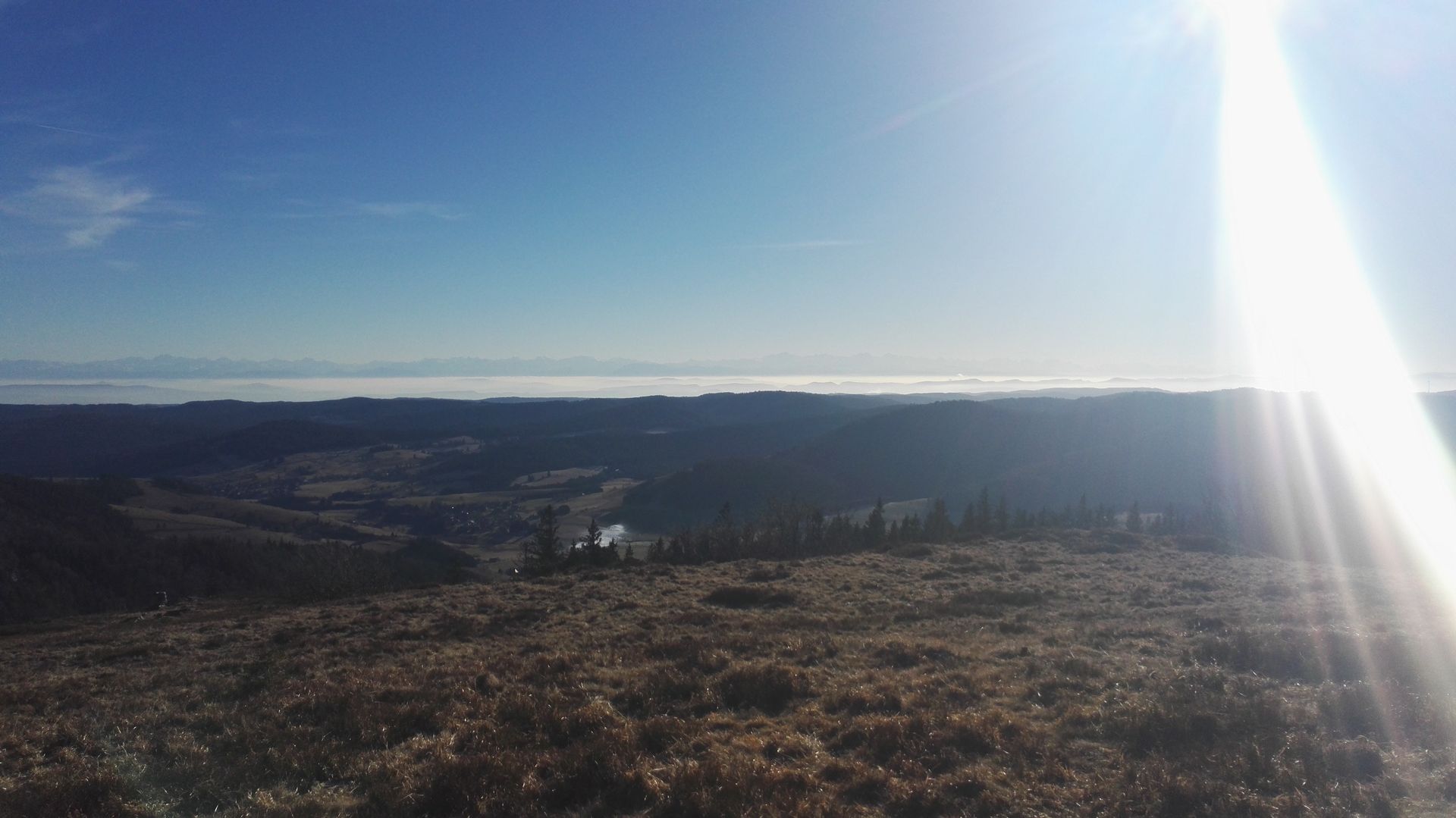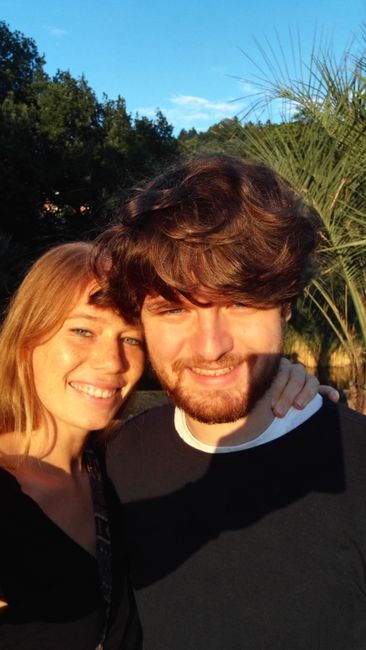Every altitude meter is important, every step feels good
発行済み: 16.07.2019
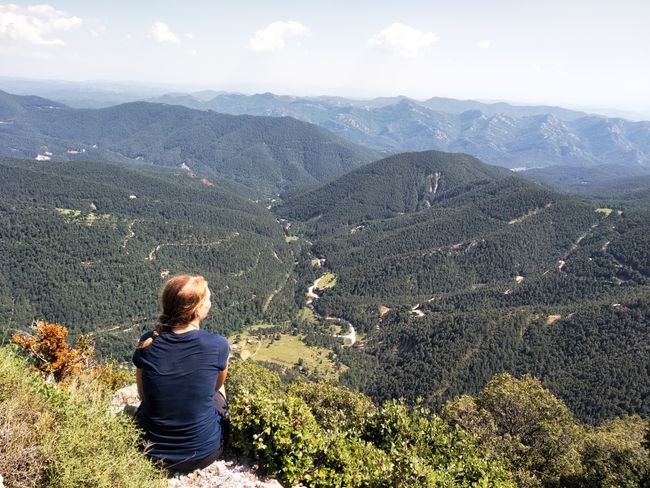
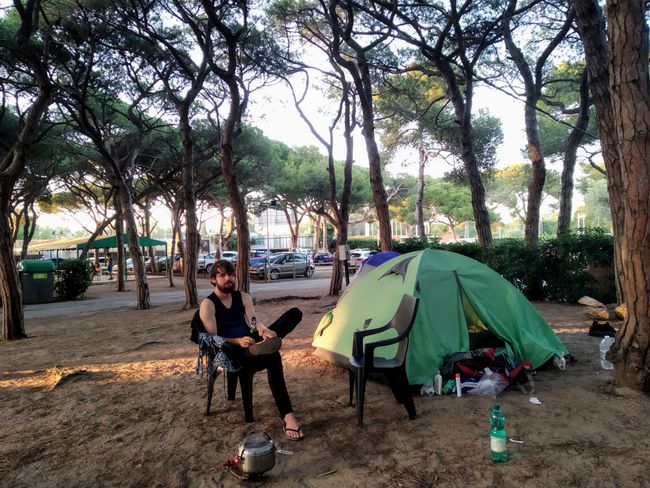
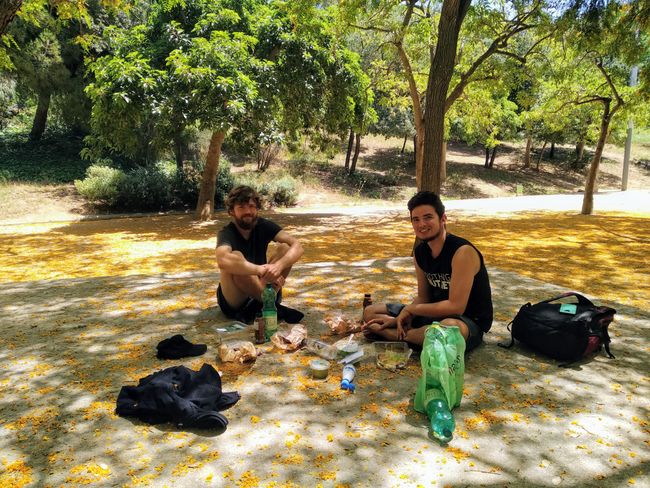

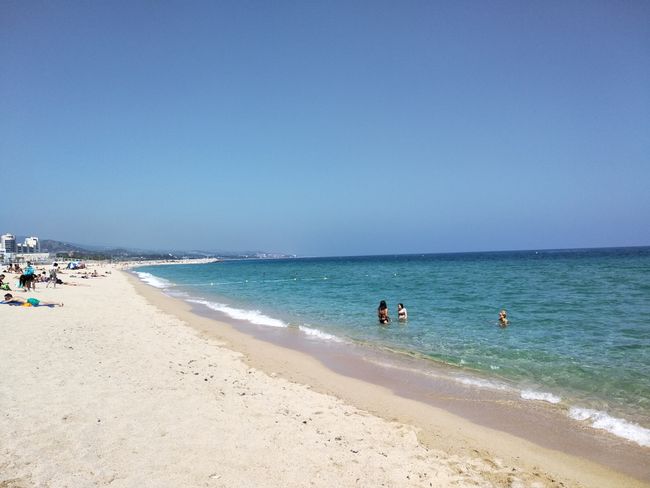
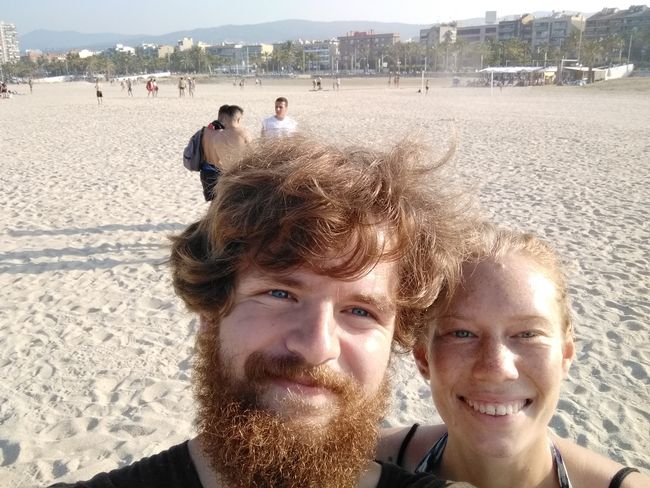
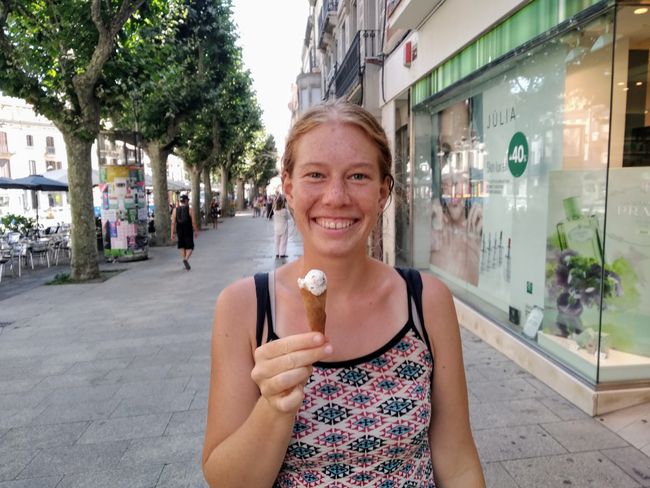
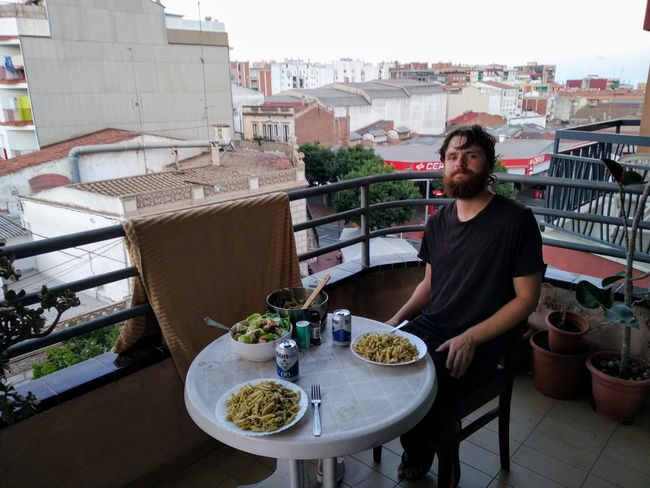
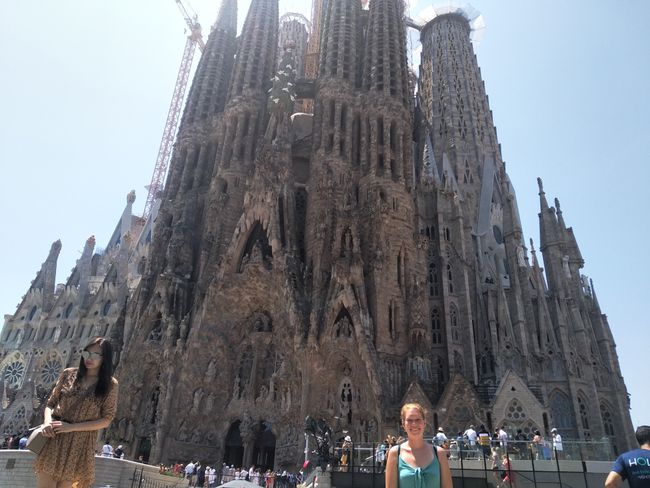
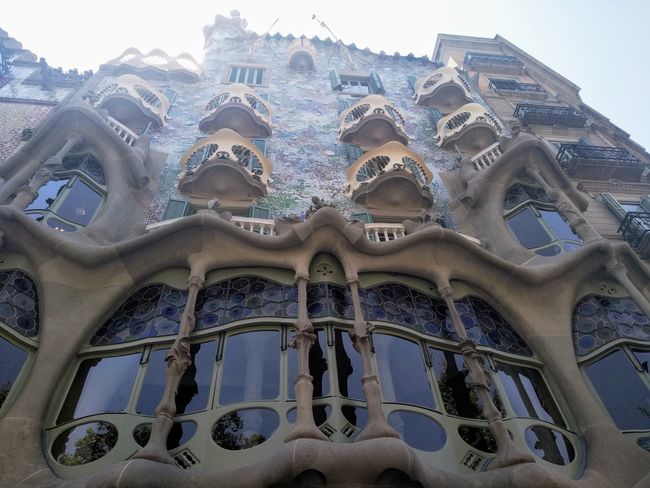
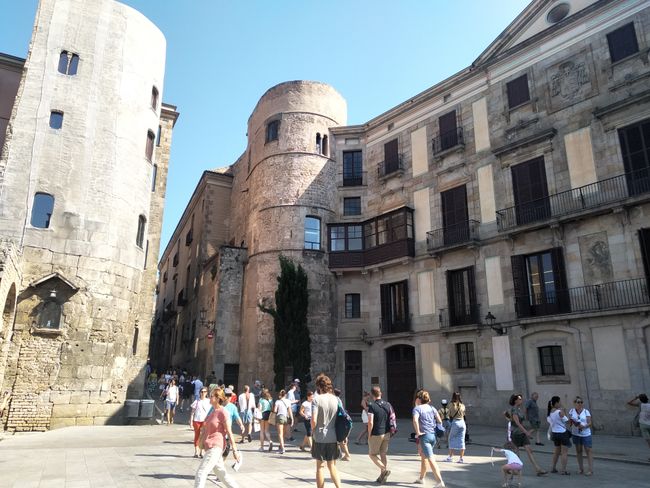

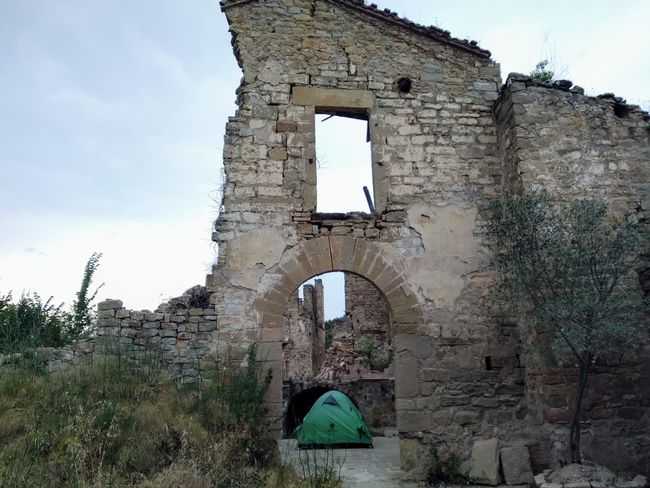
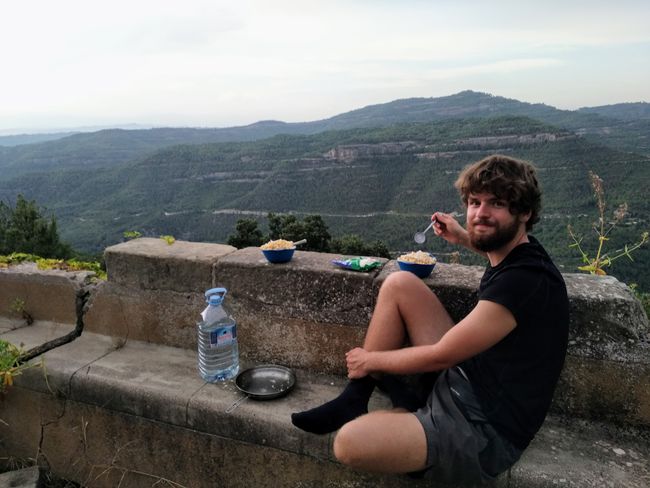
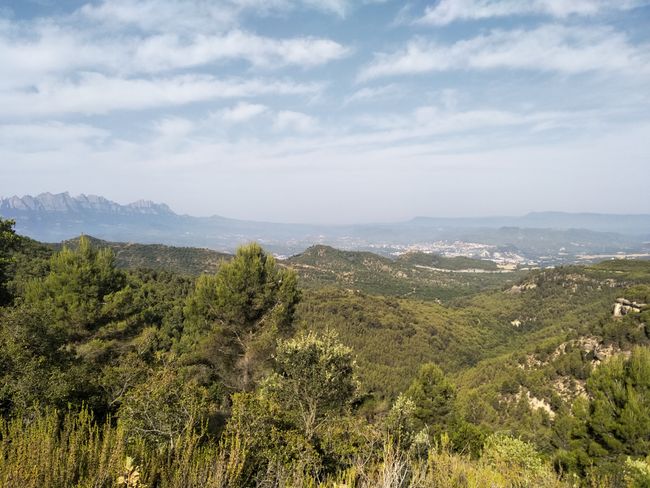

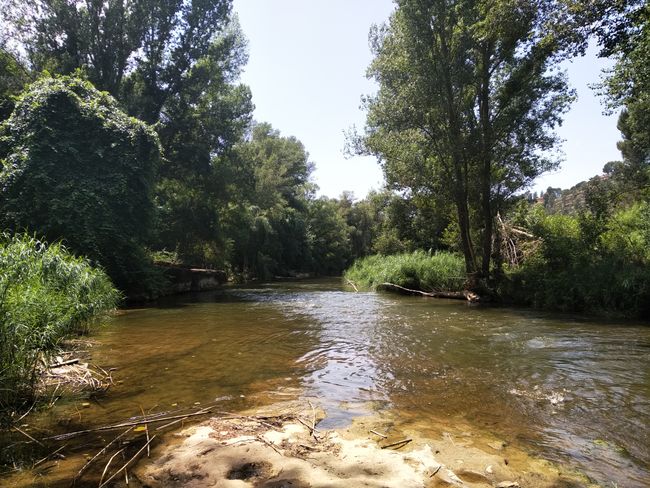
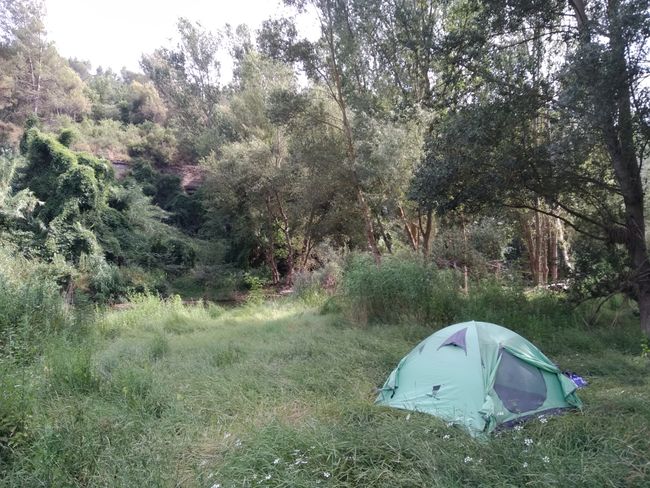
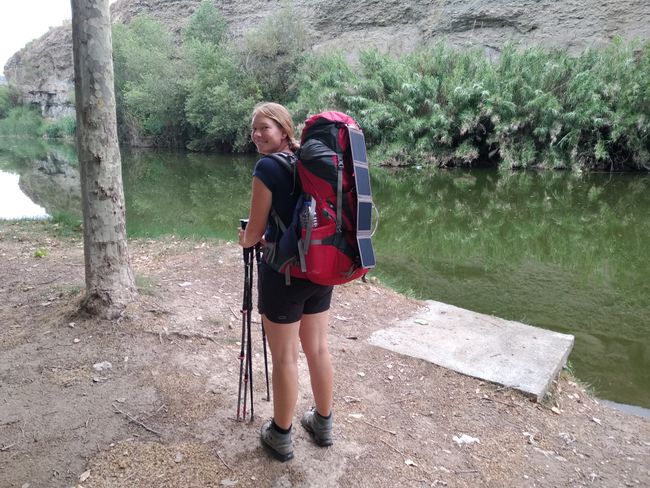
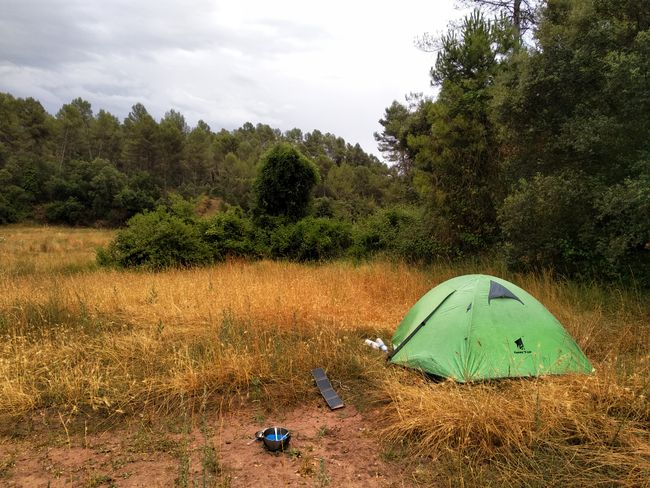
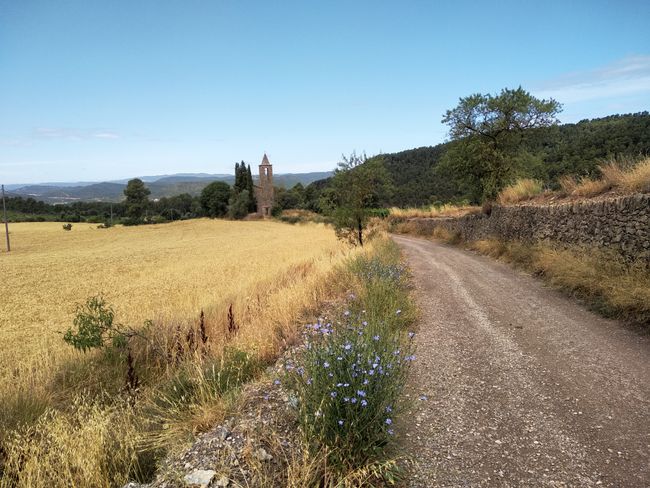
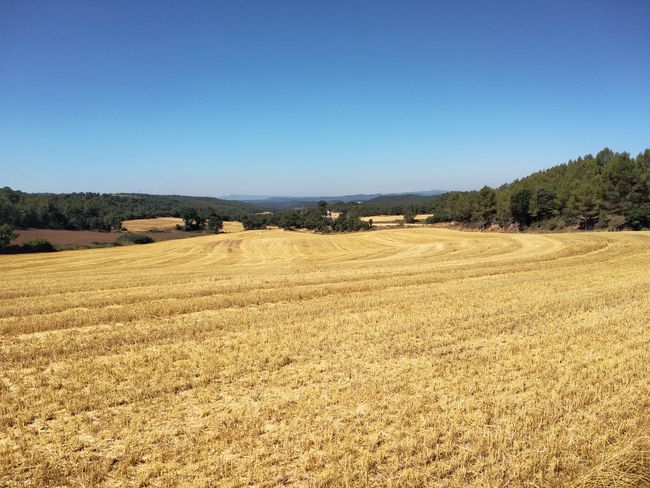
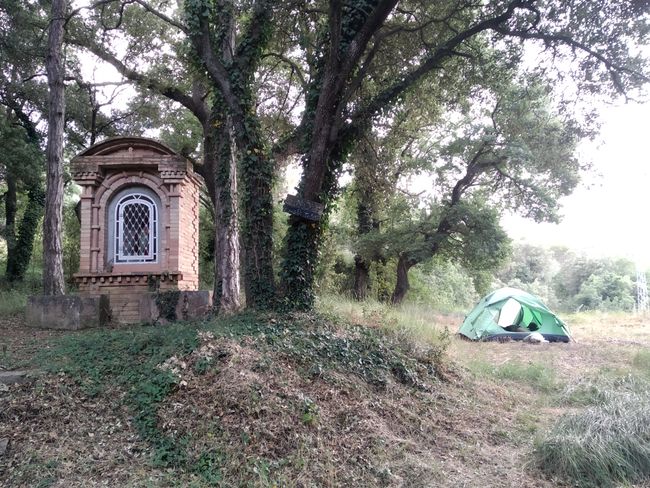
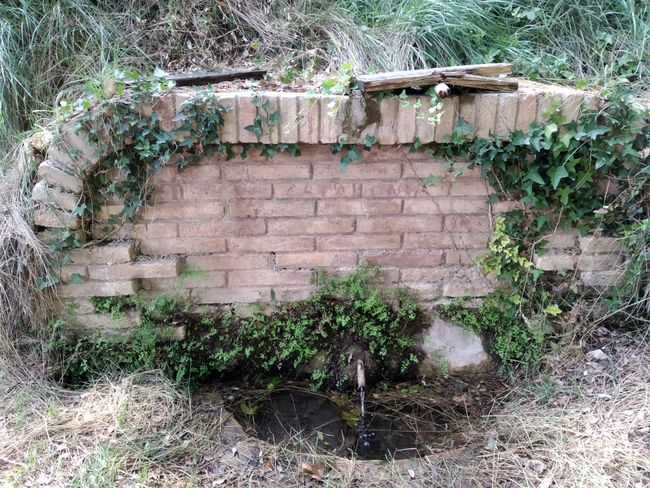
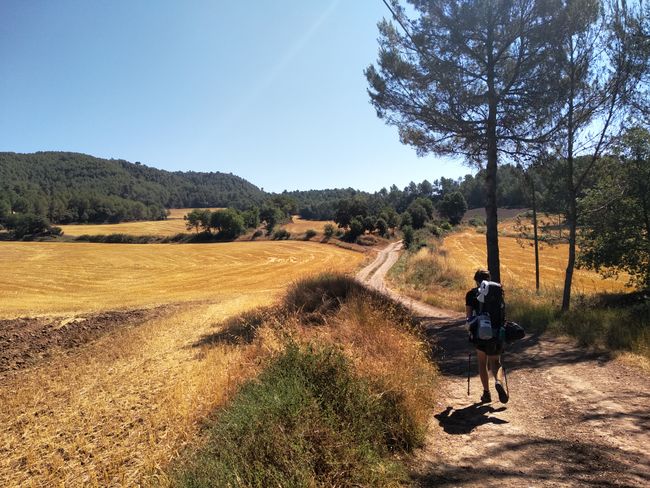
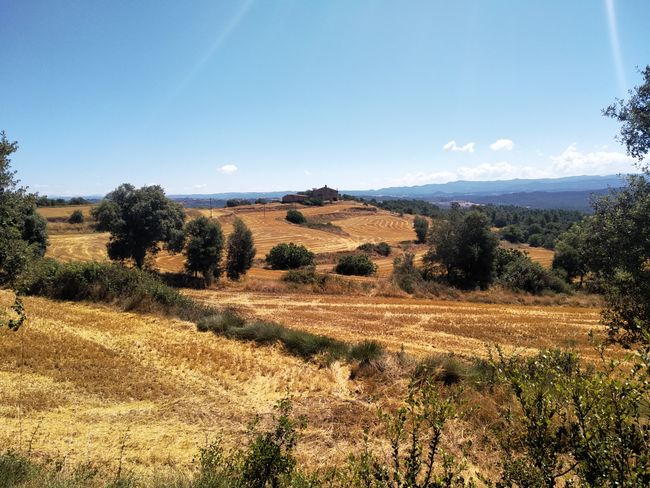
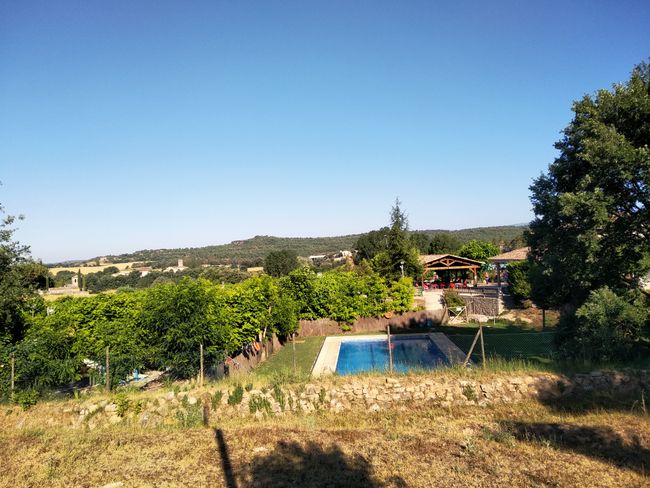
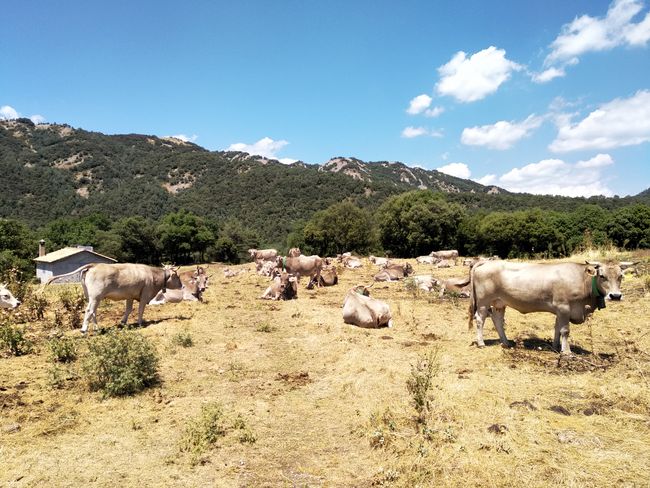
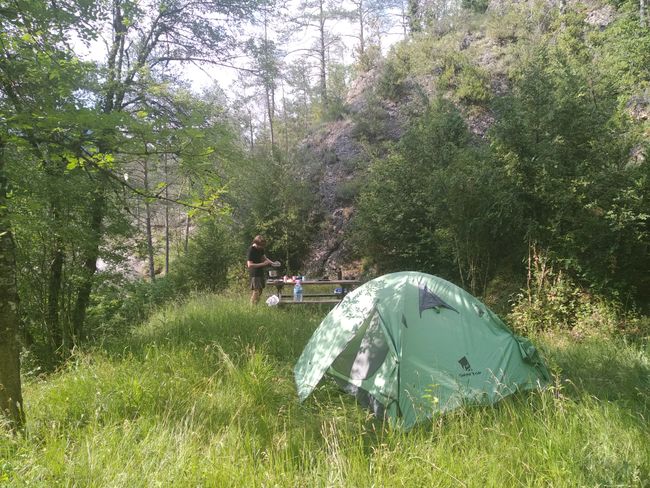
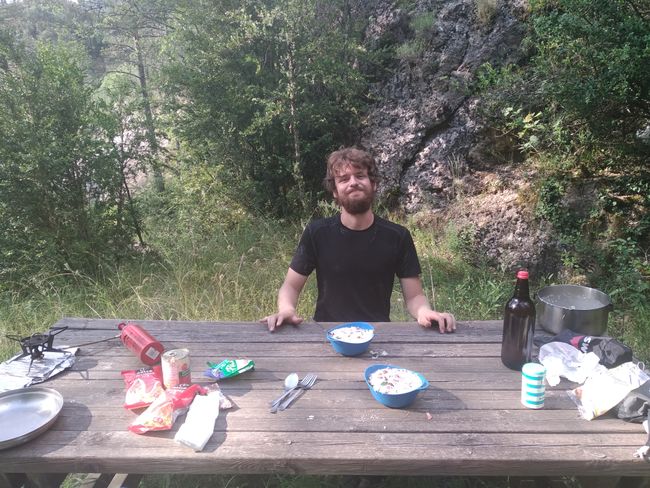

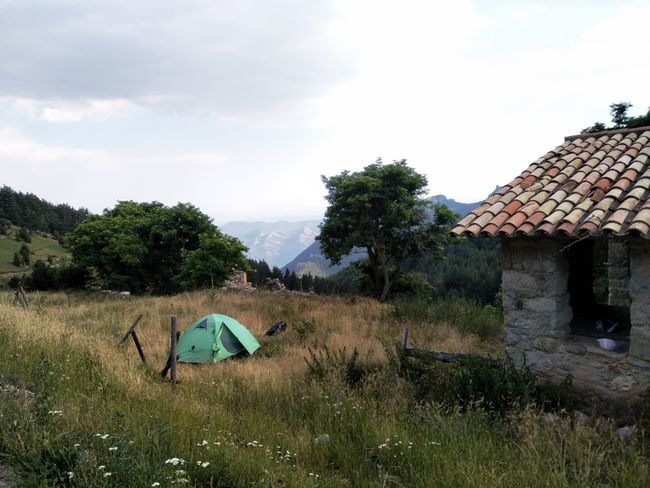
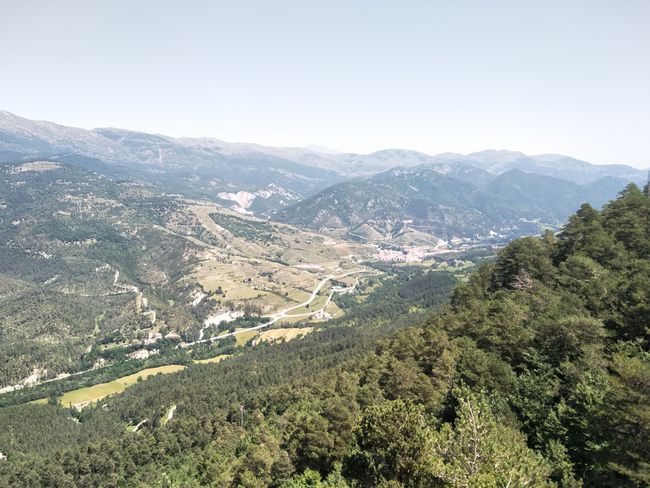
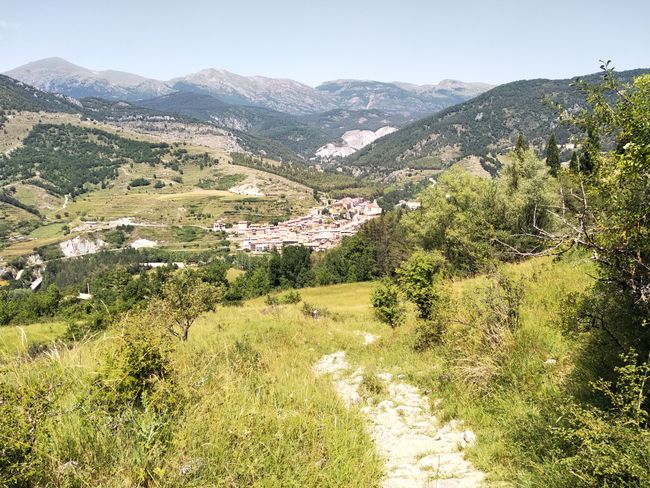
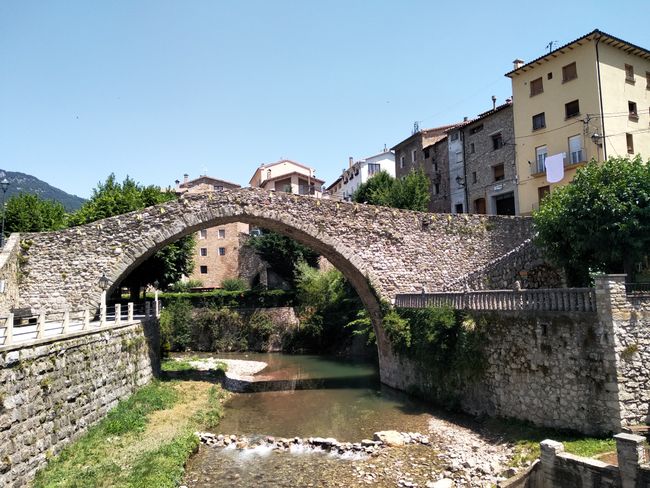
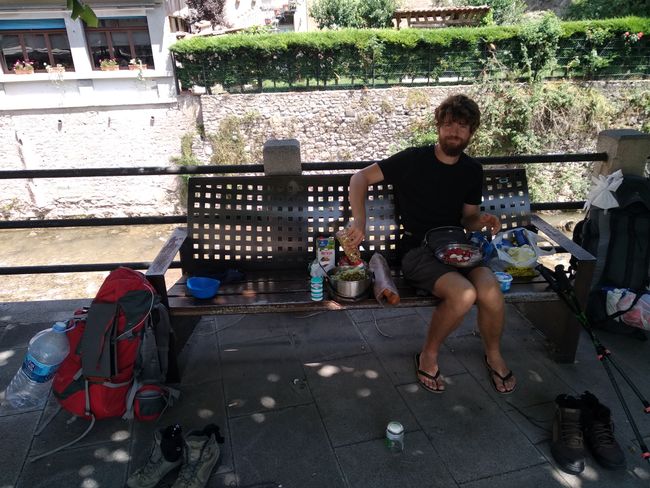
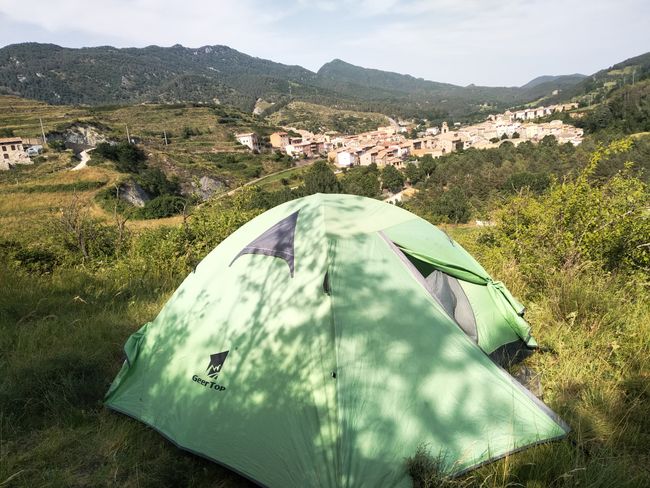
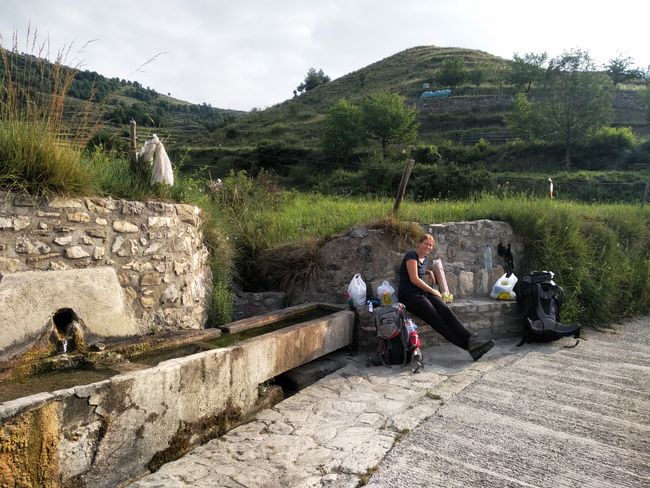
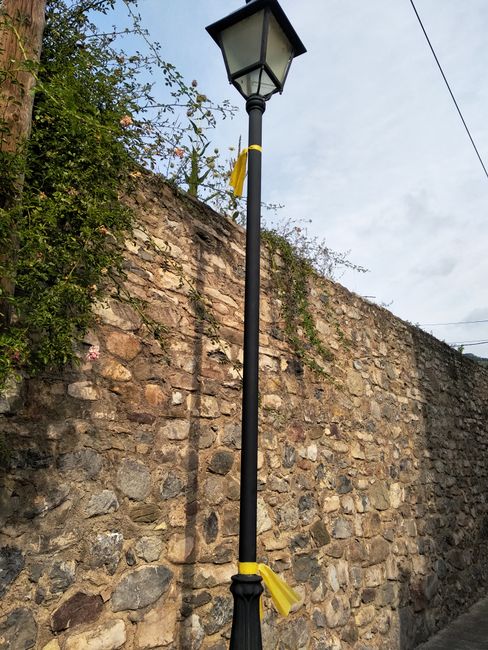
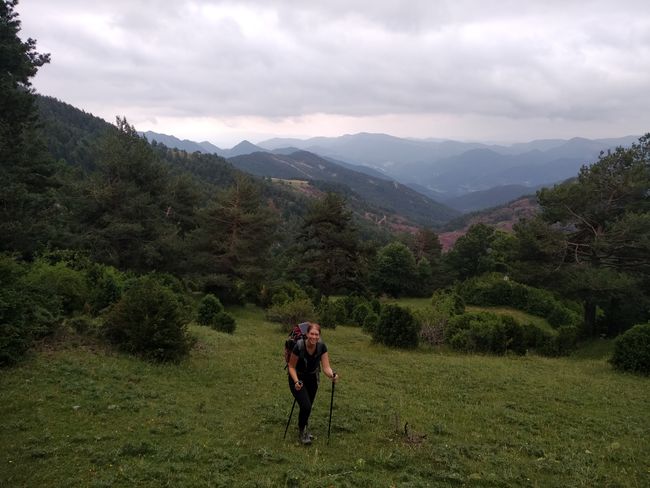
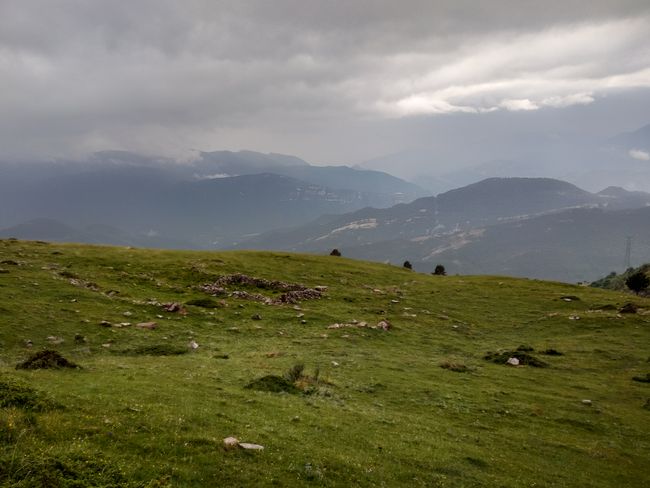
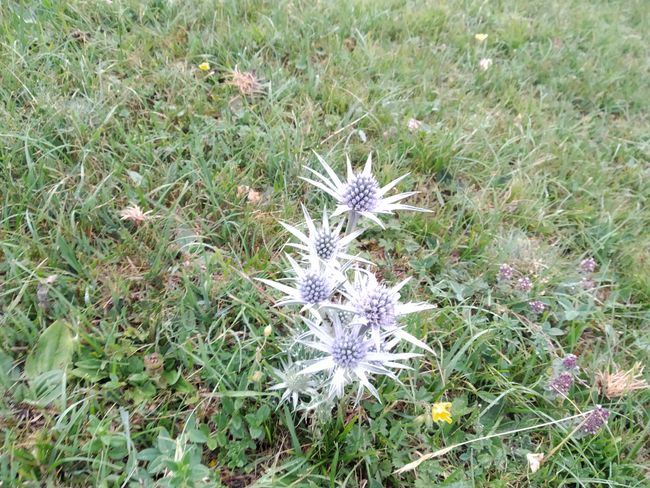
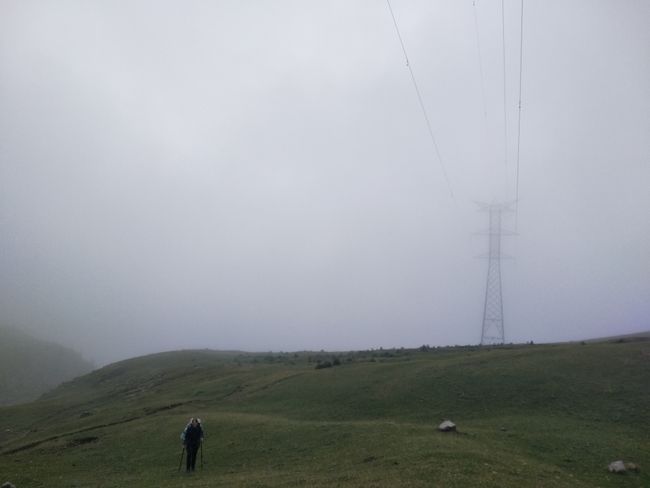
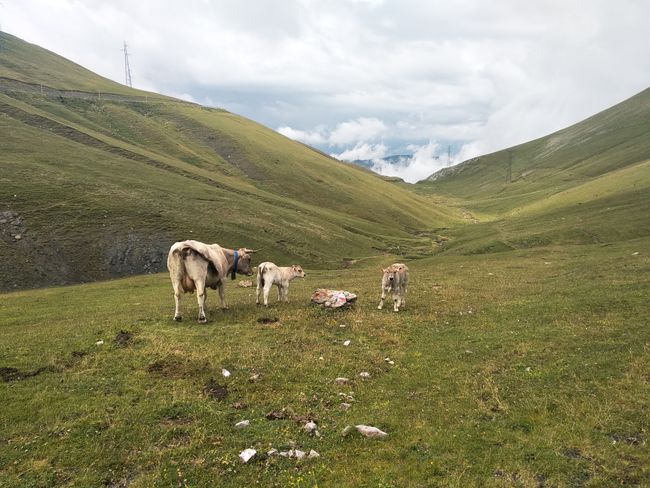
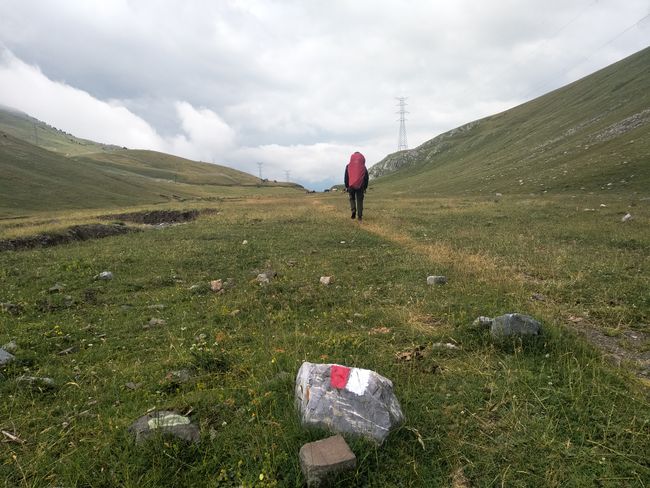
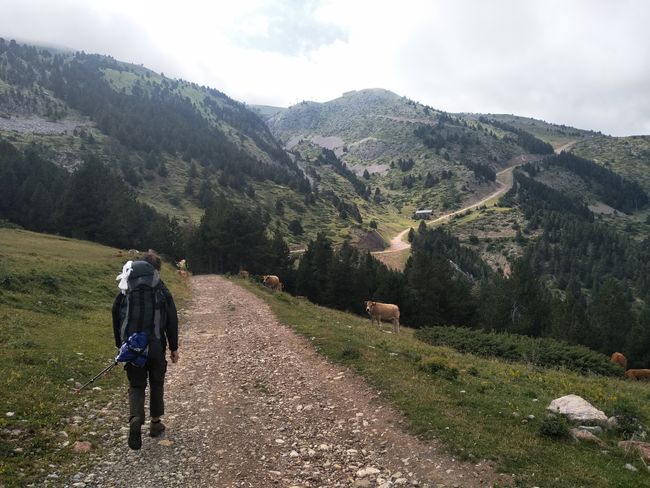
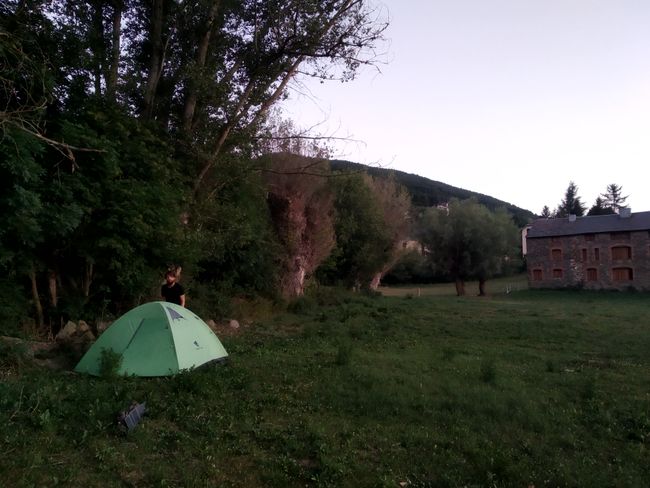
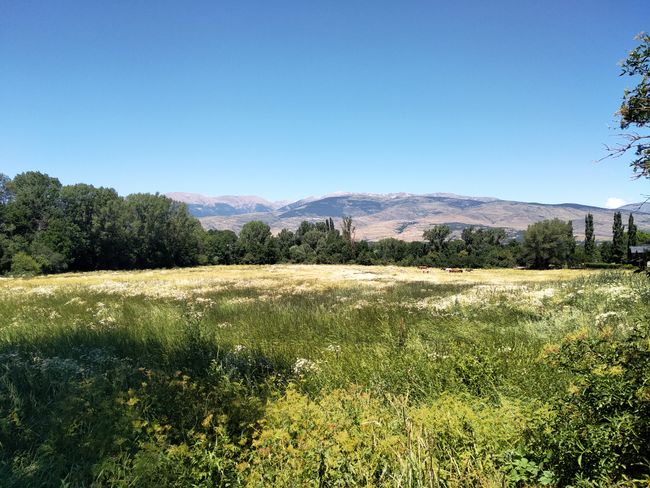
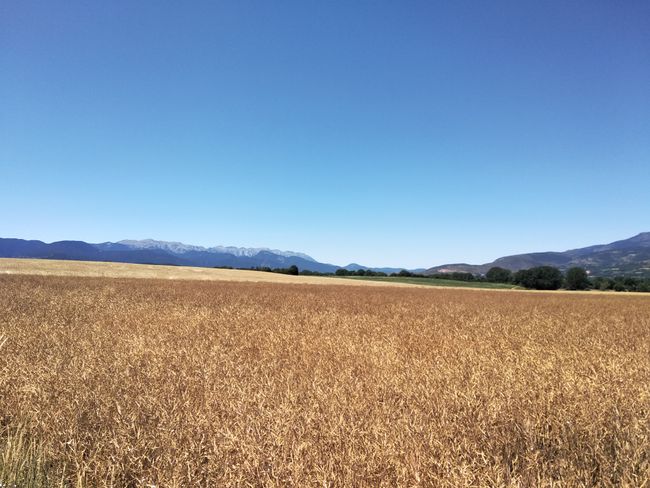
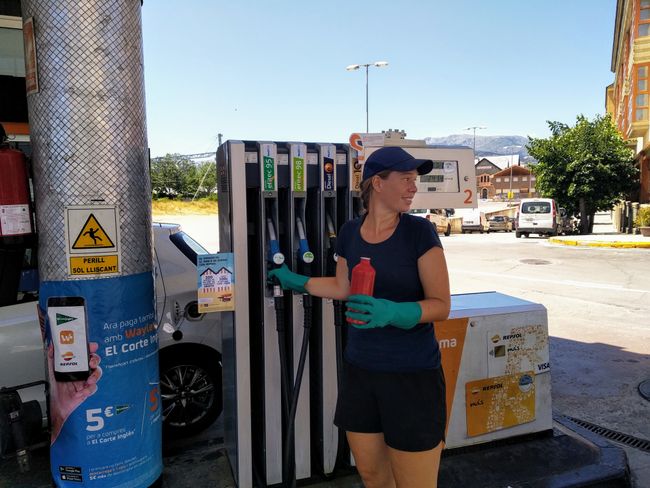
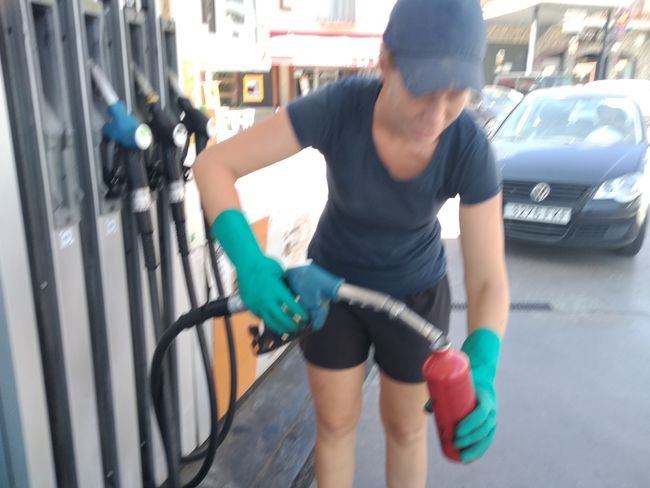
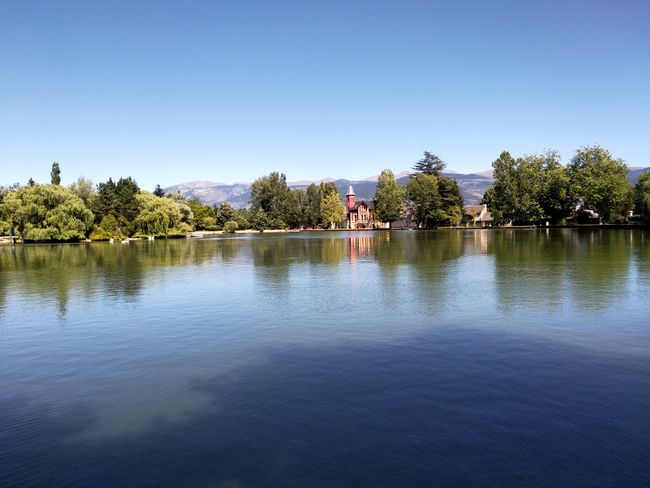
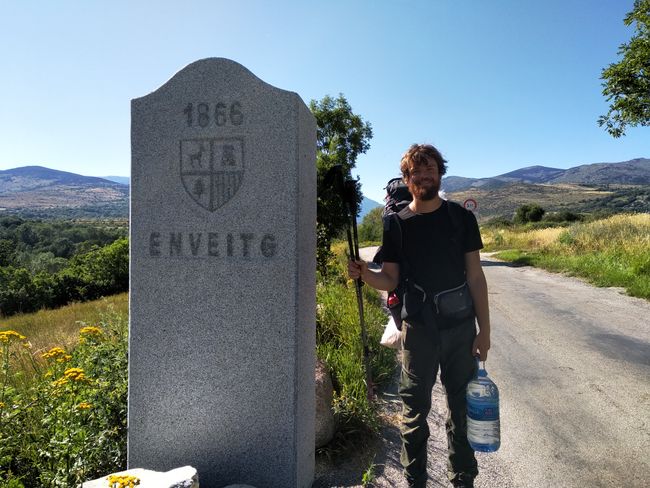

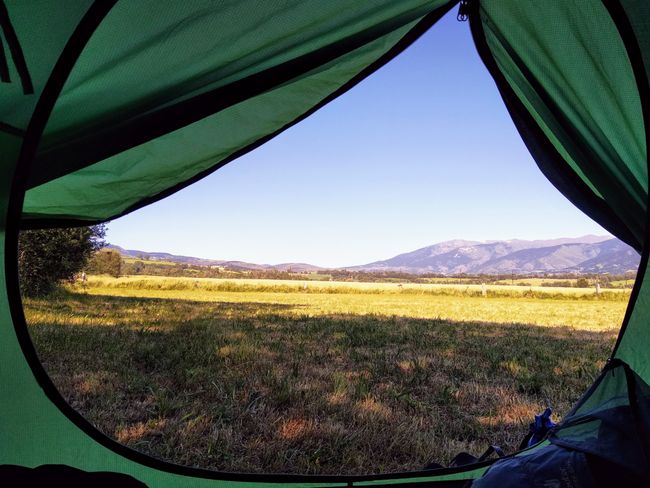
ニュースレターを購読します
In Barcelona, after 6 months, we set foot on European soil again. As great as our time in South and North America was, we are happy to be back in Europe. Finally, we can go to the supermarkets we know, and when we enter a German supermarket in Barcelona for the first time, it feels like paradise ;). After a long time, we can shop cheaply and healthily, and we realize that our diet was sometimes very one-sided. Rice with beans in South America, pizza in Cuba, and food from the 99 cent store in the USA. So we enjoy our breakfast of salad, dark bread and pretzels, orange juice, coffee, and cream cheese. We spend the first two nights at a campsite near Barcelona. The jet lag doesn't let us sleep and wakes us up at 5 o'clock again. Darn it, and we need a lot of sleep to catch up anyway. We meet our Argentine acquaintance Ale, with whom we stayed in Tucuman. Interestingly, he is now a surf instructor in Barcelona, and we have to take advantage of the coincidence of meeting here. We temporarily throw away the German customs of punctuality because we overslept due to jet lag and arrive an hour late. But we bring breakfast for Ale, and the three of us enjoy it in a park in Barcelona. We realize that we are not used to making appointments anymore, and it stresses us a little to have to be at a certain time and place. Furthermore, during the two days in Barcelona, we also feel that our basic needs have not been fully met for a long time: in South America and Cuba, transportation and food tired us out, and in the USA, it was the lack of comfort of a bed and the lack of hygiene. So we decide to spend 7 more nights in the same place. The apartment in Mataro is by the sea, and we share it with 4 other Spanish-speaking guys. Every day we go swimming, have breakfast on the balcony, and one day we drive into Barcelona.
With full batteries, we can now start our next adventure: crossing the Pyrenees from Barcelona to France on foot. We don't have a specific goal or stages, we follow the European long-distance trail E4 (GR4 in Spain) as far as we feel like it. And that turns out to be very relaxed because without time pressure and excessive ambition, we can listen to our needs and linger in beautiful places in nature. We find an old castle ruin that was built in the 11th century and served as a military base under Napoleon in the 19th century, and we set up our tent in the old building. We eat our pasta in the evening sun on a small balcony of the castle with a view of the woods below us and enjoy the silence contentedly. The sun is of course a challenge for us, and at one point we briefly feel transported back to Death Valley in the USA because of the landscape and heat. But in the first few days, clouds appear every evening, it rains a little, and there are thunderstorms. After our experience in Argentina, where we had to endure the worst storm of our lives in a tent, we are still a little anxious about them, and we always make sure that our tent is in a good place. The morning is cooler, and while running, we enjoy the morning atmosphere. St. Vincent de Castellet is our starting point, and we move in the foothills of the Pyrenees at the beginning. The ascents are short, and the paths are pleasantly wide. We pass small villages, see many castle ruins, and walk past yellow fields of grain. We often walk along large farms that have seen better days, have broken windows but still engage in active agriculture. We can hardly understand Catalan, and not everyone wants to speak Spanish. The backpack is heavy because we have to carry food for 2-3 days as well as 8 liters of water. The water lasts us for one day, including cooking, so our most important daily task is to find new drinking water. With our growing experience, we are getting better at calculating water, so we don't have to carry so much at once. Twice we are given water by locals when we ask for it, otherwise, we look for springs marked on our offline map. Sometimes they are dried up, and from others, only a thin trickle comes, but even those drops save us, and other springs taste so cool and fresh that we immediately set up our tent next to them. Wild camping is no problem, we easily find places: from castle ruins, fields of grain, riverbeds, meadows, parks in small villages to cozy spots next to chapels. Every time we are alone, and nobody minds us being there. We escape the midday heat once at a wide river, find a quiet place in the shade, and plunge into the cold water. It is so beautiful and peaceful that we decide to spend the night here. So we wade through the river with our backpacks because a meadow with tall grass on the other bank invites us to set up our tent. A solar panel allows us to continue using our phones, even if it doesn't always charge as quickly when strapped to the backpack and in motion. Once, when the solar panel is charging a few meters away from us in the sun, a man tries to secretly take it. Luckily, Jakob reacts quickly. Caught and blushing, this person slinks away.
We hardly meet any people, let alone other hikers, probably because of the heat. Cooking with gasoline is fun because the food is ready super fast and we can get it anywhere.
After the fourth night of wild camping, we find a small village campsite for the night, where Spanish permanent campers have their caravans. It's quaint, we swim in the pool, finally shower extensively, and also get in touch with the caravan owners a bit. We have cheese sandwiches and ice-cold beer. Because our supplies run out and there hasn't been a supermarket for a long time, we have to climb the mountain ahead of us and make the 22km to Borreda. Surprisingly, it goes very smoothly, time flies by in our conversations, and we set up the tent on a meadow just outside the town. Jakob goes the last few meters to Borreda to get food for us. The next day, we pass by a refuge high up in the mountains. Unfortunately, it is a bit expensive for us, but the friendly owner suggests a great spot next to an abandoned cowshed, and we also get a cold beer. There is even a spring nearby where we can wash ourselves and our pot a bit. On the next day, however, our legs are heavy, and after just 10km behind the small tourist town of Pobla de Lillet, we find a spot on a hill with a view of the town. Everyone also has a view of our tent, albeit from a distance, and we are curiously observed. In the Spanish villages, we see many yellow ribbons on houses, street lamps, and painted on the ground to show solidarity with imprisoned Catalan ministers and to promote the independence of Catalonia. The next stage is supposed to be the toughest because there are no springs along the way. We sleep restlessly because we keep feeling tickled in various places. We scratch ourselves until we are finally awake and turn on the flashlight. Ant invasion. They have made their way inside through an open gap in the tent door. They even stick to the ceiling, from where they fall on us. We kill about 100 of them with toilet paper and make sure there are no more open gaps anywhere. The next morning, the ants hang inside and outside the inner net, and they have actually bitten small holes through the net. What a mess, our tent now has even more wear and tear. This day is the first time it's cloudy, and rain and thunderstorms are announced. We are a little anxious about the difficult stage, especially since Miriam has developed knee pain. We set off on a wide gravel road, quickly ascending in a steady slope. Our goal is a spring just before the small town of Alp on the other side of the mountain range. The clouds and cool air are good for us and allow us to be economical with our three bottles of water. Up high, we enter a fog wall, it's windy and it starts to rain. Fortunately, not for long, and we continue steeply uphill over green mountain meadows with various types of flowers until we reach the pass at 2,000 meters. We pass cow pastures with many calves, and we pass many ski slopes on the way down. Often the cows with their calves stand awkwardly on the hiking trail, and we have to pass very close to them. We feel uneasy about this because they make it clear that we must not get too close to their calves by standing in front of them. A family of marmots jumps into the bushes in front of us, and we also startle deer and rabbits. We drag ourselves to the spring in a forest, press the button, and nothing comes out: no water. We have no choice but to walk another 6km to Alp. There we find fresh water and camp in a large meadow in the village next to a swimming pool - today we won't walk any further. After 26km and 1200 meters of ascent and almost as much descent, the chocolate bar is quickly eaten.
The next morning, we reach our destination Puigcerda and jump into a refreshing river on the way. Shortly afterwards, we cross the border into France, which we only notice by a border stone, and set up our tent on an uncultivated field. From there, we can take the train to Toulouse the next day. After ten days of wild camping, the bed as well as the shower are calling us, and the muscle aches and knee pain require a few days of regeneration.
ニュースレターを購読します
答え
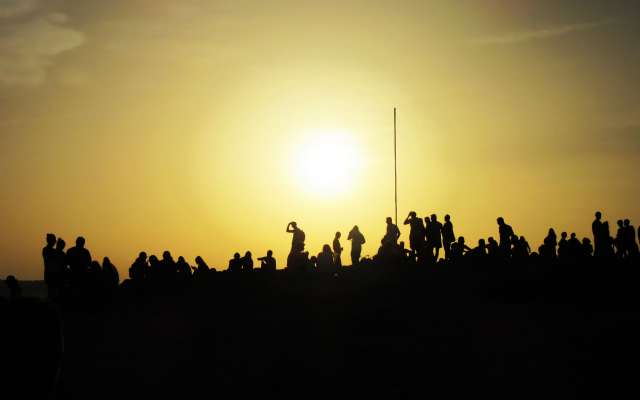
旅行レポートスペイン
